Girls with anorexia, girls with no self-confidence, girls, girls, girls. The media highlights the problems teenage and adult women face with self esteem, body confidence, and eating disorders. But in doing so, one group has been neglected.
Young boys and men.
The media rarely acknowledges boys as being victims to problems such as body image, eating disorders, and low self-esteem. This is because society has a certain image for men which denies them the courage to face these problems.
Eating Disorders Among Boys
Eating disorders are on the rise in the male population. Boys as young as eight are diagnosed with anorexia and 40 percent of binge-eating disorder cases are male.
The National Association of Anorexia Disorder and Associated Disorders states that 10 to 15 percent of people with eating disorders are male, and 14 percent of them are gay. Nearly 10 percent of people diagnosed with anorexia and bulimia are male.
However, despite these statistics, there are still very few resources for boys affected by these disorders to seek help or guidance from.
“I’m sure there are zero resources with regard to eating disorders. They sort of internalize things and struggle with it on their own. They either get past it or they don’t,” English teacher Jennifer Kindred said.
One reason for the lack of resources for males is due to the social stigma that men don’t have these problems.
Men tend to not talk about their emotions, especially those revolving around self-confidence and body image, claiming them to be “girl problems.”
Senior Blake Silva believes that boys conceal these issues because they are associated only with girls.
“I think because there’s that kind of cliche of, ‘Oh, it’s just a girl problem,’” Silva said. “Or that idea that only girls go through it. Guys kind of feel like, ‘If I’m feeling this way, it’s illegitimate.’”
[soundcloud url=”https://api.soundcloud.com/tracks/147228275″ params=”color=8a230e&auto_play=false&hide_related=false&show_artwork=true” width=”100%” height=”166″ iframe=”true” /]
Jenny Langley, author of Boys Get Anorexia Too, feels that it is “still very difficult to get a diagnosis” for eating disorders in young boys.
“There are not enough treatment facilities for males,” she wrote in an email to the Foothill Dragon Press.
Langley’s son was diagnosed with anorexia in 2002. At the time there were few resources that she could turn to to help her son.
Langley said one trigger for eating disorders among boys was a pressure to have a muscular body.
“[Eating disorders] are a coping mechanism for both males and females, but with boys very often it is the pursuit of a perfect muscular physique, and the exercise becomes an obsession,” she said
This was the case with her son, who felt he needed to lose weight in order to perform better in sports.
Langley’s son fortunately recovered. Wanting to help other families who had boys struggling with eating disorders, she wrote her book titled Boys Get Anorexia Too. She talks about her son’s experience and the recovery the whole family went through. The book also offers advice to individuals on how to cope with and quickly diagnose eating disorders.
When describing how she felt during her son’s scary ordeal, Langley said, “It was a terrible experience, very frightening and we felt very alone. However we learned to all work together to make small changes to help our son make a full recovery.”
Obsession with fitness and the “Atlas” body
With the fitness fixation in our society, young men have become absorbed with trying to make themselves muscular for looks, not for health.
A recent study depicted that there has been a striking increase in body building in the last thirty years. The study revealed that many young men now aspire to have an “atlas body,” a much sought after physique.
Silva is among the many males who feel the pressure to be fit and muscled.
“There’s a lot of pressure to be that kind of guy. That’s what you feel that girls like, you know?” Silva said. “And I think the girls are the same way, but it’s that same idea, ‘How are we gonna impress them?’”
However, not all young men feel the need to look a certain way. Senior Andrew Marostica participates in sports, but doesn’t feel the pressure to be fit or to look a certain way.
“Everyone was there to do what they loved, not care about upholding an image,” he said. “We were just there for the fun of it.”
For boys who are obsessed with their appearance, pushing their bodies to the breaking point is coupled with reliance on supplements and steroids to achieve the toned look.
Foothill World History teacher Cherie Eulau recalls when her son became victim to the male desire to be fit.
“My younger son was taking supplements for a little while,” she said. “Some protein and stuff, and I was like, ‘Whoa, let me read the label. What is this stuff, how much are you using?'”
[soundcloud url=”https://api.soundcloud.com/tracks/147236569″ params=”color=802d10&auto_play=false&hide_related=false&show_artwork=true” width=”100%” height=”166″ iframe=”true” /]
Thankfully, for Eulau’s son, it didn’t end up becoming a problem, but that is not always the case. In other circumstances, some “fitness buffs” are not satisfied with just the protein supplement and are turning to more dangerous ones, such as “speed” supplements.
Research has also shown that the issues surround supplements are beginning at a much earlier age than it used to. Boys in middle school are starting to feel the pressure to begin building muscles.
Suppression of feelings and stigma of “be a tough man”
Research shows that the presence of magazines like GQ on the stands at grocery stores affect boys, just as the ones of Vogue do girls.
The media depicts the idealistic man, the one with the “Atlas” body and these images lead to the obsession with attaining the perfect body and rock hard abs, which creates the path for boys towards a lack of self-confidence and eating disorders.
The UK National Health Service found a two thirds increase in the number of men admitted to the hospital for eating disorders.
It is believed that men face eating disorders in the same manner that women do, however, the social stigma surrounding their disease is different, causing them to push down and suppress their discontent.
Watching how men are showcased in media influences young boys and males, who feel that they have to mimic what they see.
“You don’t need to look like a supermodel to be cool or be fun to hang out with. I just don’t get why people care so much about looking like someone they see on T.V.,” Marostica said.
The media portrays most male characters as heterosexual, associated with work outside the home, and having problems with work that “are more significant” than personal issues.
Some common male stereotypes in media are “The Jock,” the “Strong, Silent Type,” and “The Action Hero.” These stereotypes promote the idea that men must be strong, in control, show little to no emotion, and respond to problems with violence and aggression.
World History teacher Dan Fitz-Patrick laments the fact that media values physical appearance above personality or character.
“I think MTV and those shows, they never celebrate anything that [is] wonderful about who a person is or what they contribute,” Fitz-Patrick said. “We’re still caught up in pure image. I hate all that stuff.”
Background Photo Credit: Karina Schink/The Foothill Dragon Press


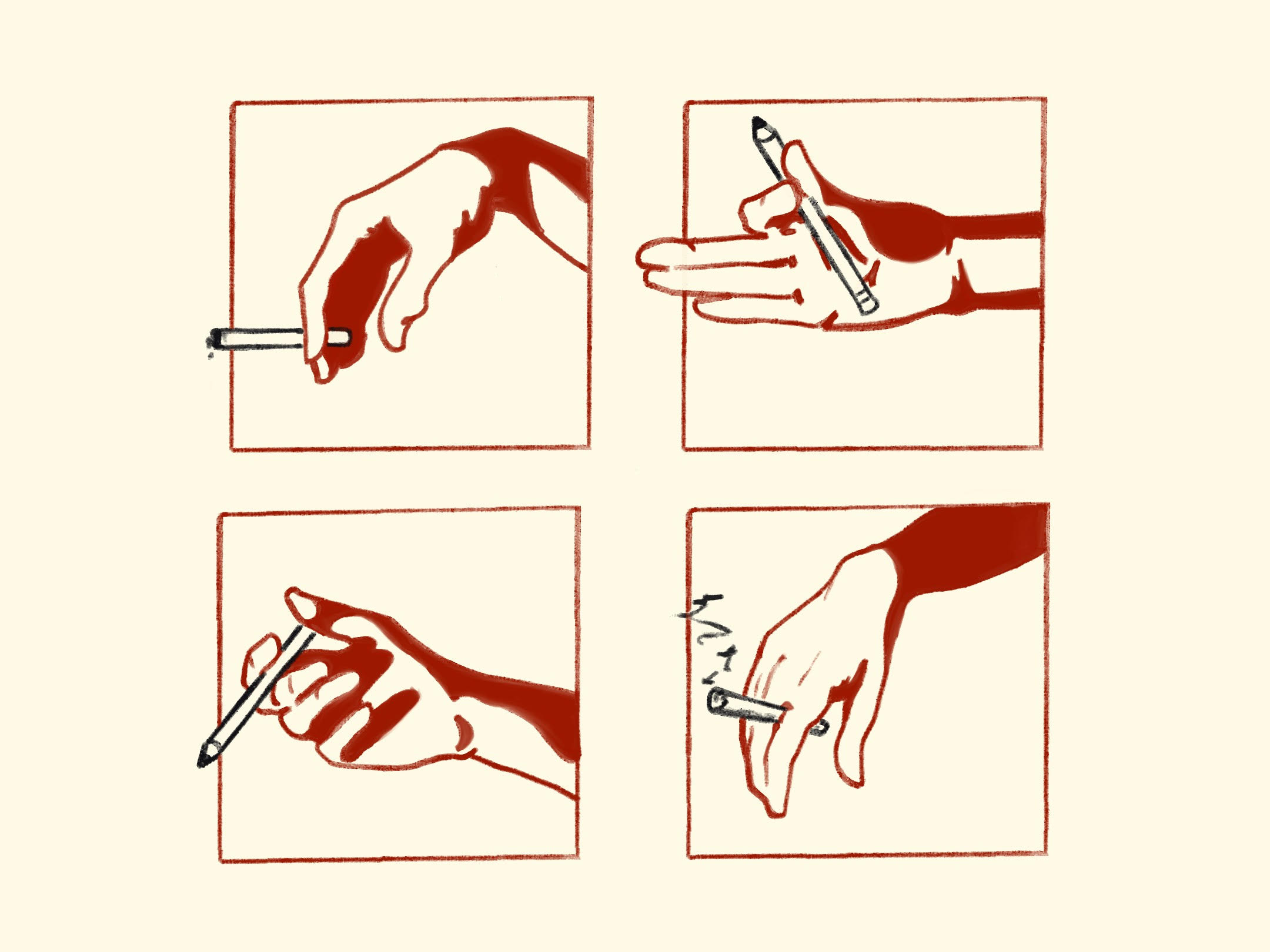





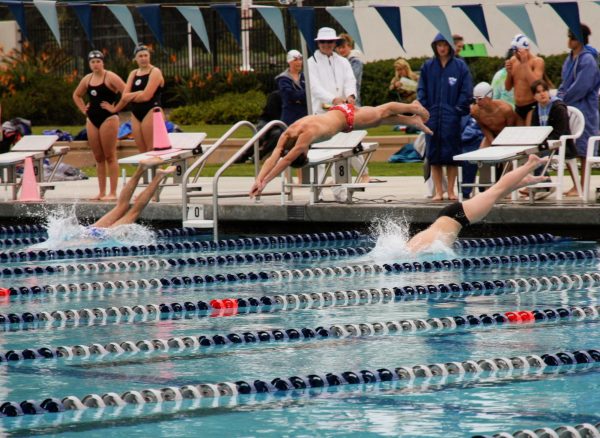

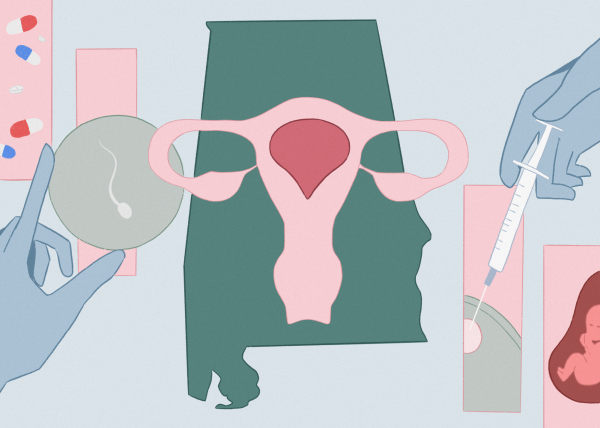


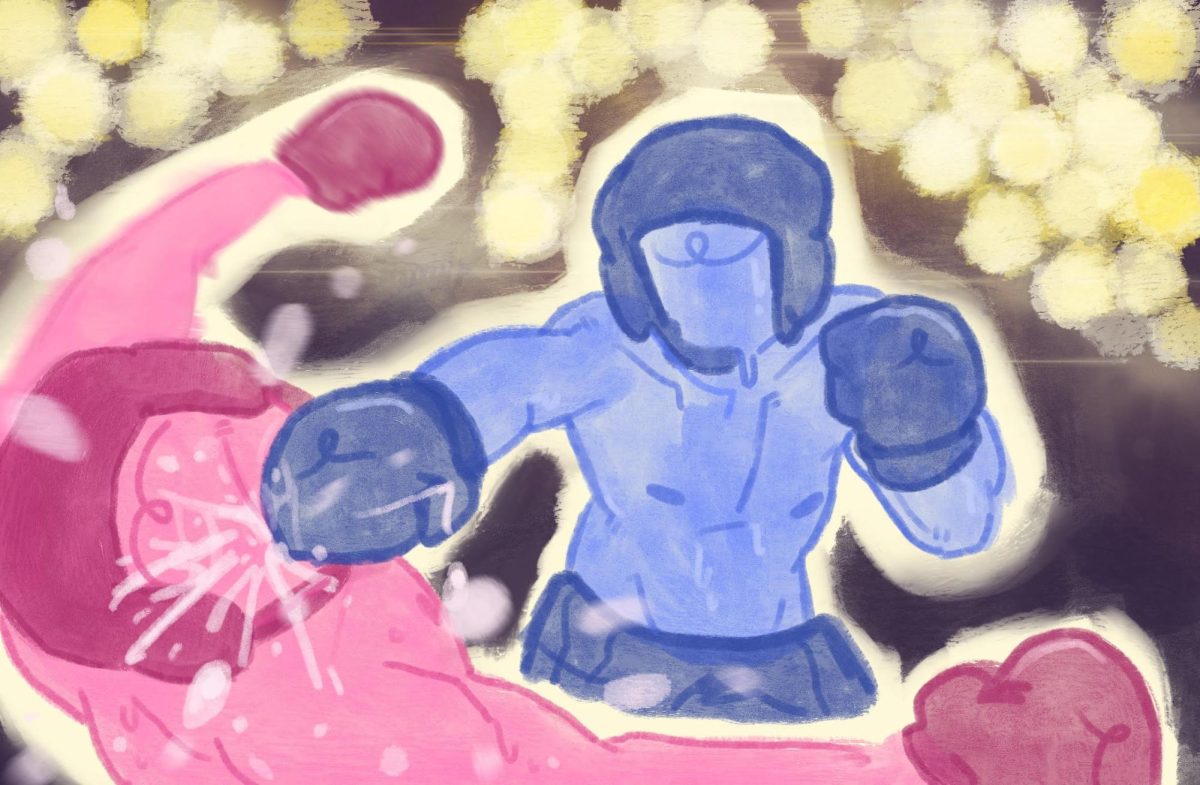

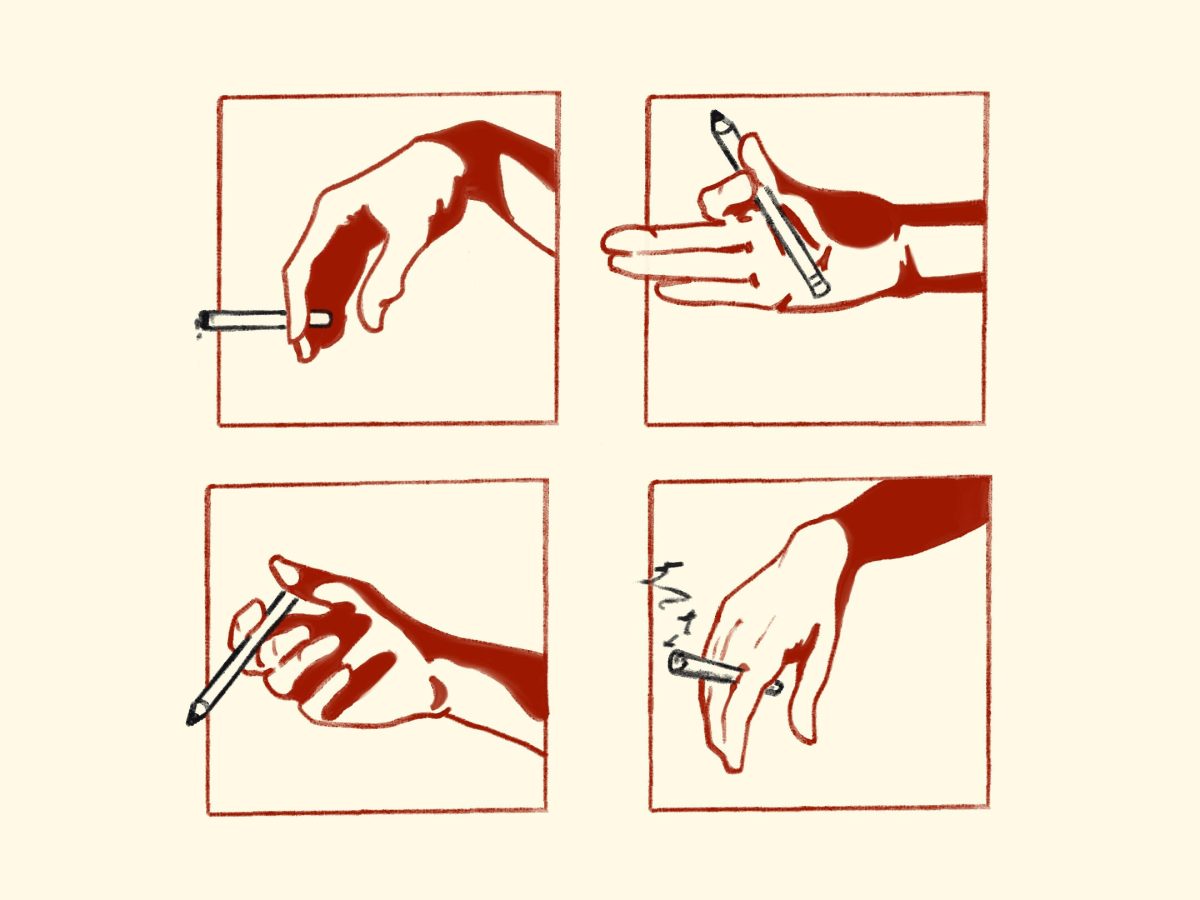



Conni Carr • Jun 9, 2014 at 11:05 am
Thank you for addressing such an important issue that goes unmentioned in most arenas…I would nominate this for an award if I had the chance to do so…make this a series next year. Shine your light on the issue!